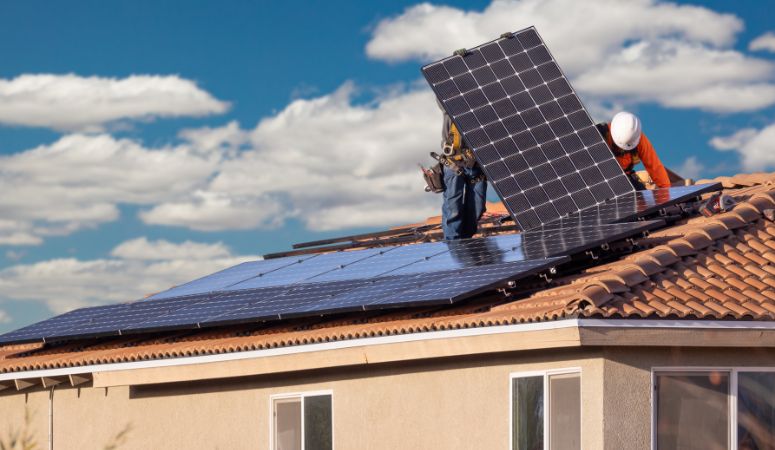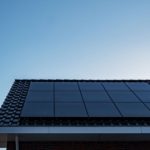When you start thinking about inflation, home savings, and ways to cut back, installing solar doesn’t come to mind right away. There are many benefits to installing solar, but one that sells people is the financial benefits. If you’re looking to make a significant monetary change at home, explore residential solar to help you make the next step.
Reduced Energy Bill Expenses
One of the most significant financial attributes of residential solar is the ability to save on monthly energy expenses. Homeowners and property owners that live in climates with extreme energy demands can all agree that saving a few dollars on the monthly bill is advantageous.
Simply unplugging things you’re not using and turning the lights off is generally not enough to make a dent in the bill. Instead, installing residential solar and doing away with grid pulling can make a huge difference in short- and long-term savings.
Increased Property Value
The minute a potential buyer sees solar installed on a property, they know they’ll receive many financial benefits upon moving in. Property values can increase a fair amount when you install just a few panel arrays. But converting the home to functioning solely on solar can increase its value by $15,000 or more, depending on location, area comps, and panel arrangements. Even with the up-front investment, the long-term return on a potential sale makes the initial costs worthwhile.
Reduced Financial Setbacks During Power Losses
If you’re not using solar and the power goes out in your area, you may struggle or scramble depending on your in-home lifestyle. For many, power is essential to everyday life, especially if they use medical devices, have young children, or rely on power for their job.
Switching to solar and ensuring it connects to your appliances or devices allows you to maintain your in-home operations with little to no impact when local power goes down.
Annual Tax Breaks
If you can, look beyond the initial up-front expenses and think of the long-term, bigger picture. The government rewards people for their residential solar installations, which is a great financial benefit.
It’s essential to bring all this information to your tax professional so you can receive the necessary tax breaks. Many financial factors determine your break value, but homeowners generally expect up to 25 percent return from their total solar investment.
It’s worth noting that these numbers and breaks are variable, and you should seek professional tax help to determine exact values per your tax situation.
Potential Long-Term Returns
Remember, we mentioned thinking of the long-term investment when installing residential solar. During those first few years, you need to focus your time and money on paying the arrangement off. This effort will bring you closer to seeing the return value and getting the full investment circle.
Once the array is fully paid for, you can sell unused, stored energy back to the power grid or save it for future use. For many, this means reduced or eliminated monthly energy expenses and a nice bonus from the local grid company. You can set these conditions up in your best interest when it’s time, but it’s vital to consider the bigger picture to receive these financial benefits of residential solar.







